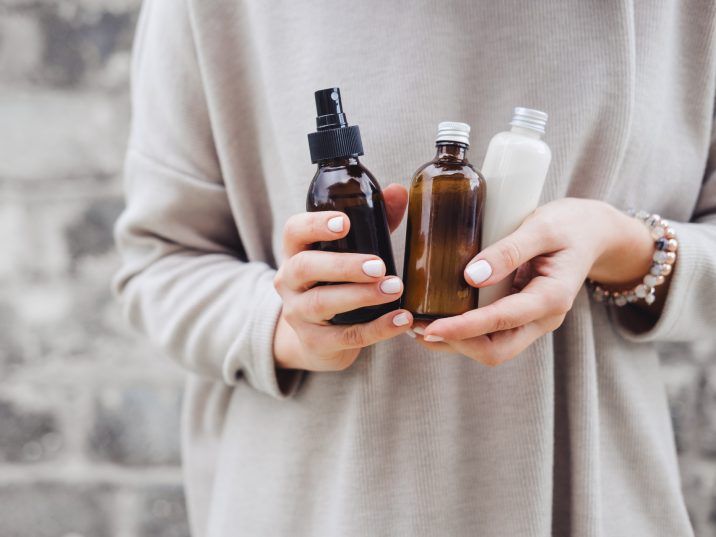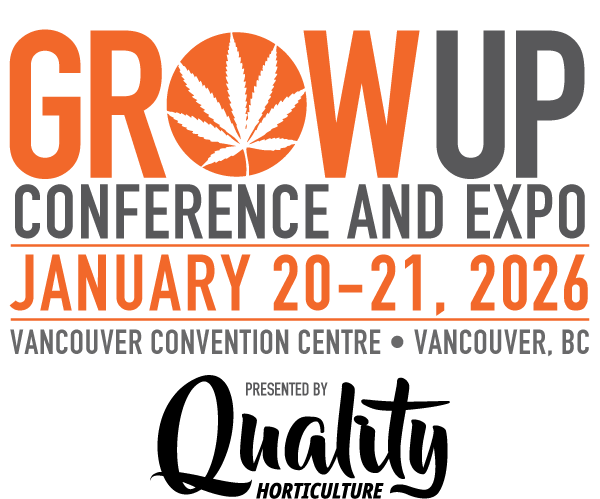
While prescription CBD is safe when used as directed, other forms of the molecule come with risks. This is especially true for CBD oils. The over-the-counter CBD oil industry is unregulated and not necessarily safe, in that there are no regulatory requirements for monitoring what is in a product.
What’s more, rigorous science does not support the unsubstantiated marketing claims made by many CBD products.
In a 2018 commentary, the author describes the results of his own study, which was published in Dutch (in 2017). His team obtained samples of CBD products from patients and analyzed their content. Virtually none of the 21 samples contained the advertised quantity of CBD; indeed, 13 had little to no CBD at all and many contained significant levels of THC, the compound in marijuana that leads to a high – and that was not supposed to have been present.
In fact, studies have shown that there is little control over the contaminants that may be present in over-the-counter products. The FDA has issued scores of warning letters to companies that market unapproved drugs containing CBD. In spite of the marketing of CBD oils as all-natural, plant-derived products, consumers should be aware of the risks of unknown compounds in their products or unintended interactions with their prescription drugs.
Regulatory guidelines for CBD are sorely lacking. Most recently, in January 2023, the FDA concluded that the existing framework is “not appropriate for CBD” and said it would work with Congress to chart a way forward. In a statement, the agency said that “a new regulatory pathway for CBD is needed that balances individuals’ desire for access to CBD products with the regulatory oversight needed to manage risks.”
As a natural product, CBD is still acting as a drug – much like aspirin, acetaminophen or even a cancer chemotherapy. Health care providers simply need to better understand the risks or benefits.
CBD may interact with the body in ways that are unintended. CBD is eliminated from the body by the same liver enzymes that remove a variety of drugs such as blood thinners, antidepressants and organ transplant drugs. Adding CBD oil to your medication list without consulting a physician could be risky and could interfere with prescription medications.
In an effort to help prevent these unwanted interactions, my colleague Dr. Paul Kocis, a clinical pharmacist, and I have created a free online application called the CANNabinoid Drug Interaction Resource. It identifies how CBD could potentially interact with other prescription medications. And we urge all people to disclose both over-the-counter CBD or recreational or medical marijuana use to their health care providers to prevent undesirable drug interactions.
In the end, I believe that CBD will prove to have a place in people’s medicine cabinets – but not until the medical community has established the right form to take and the right dosage for a given medical condition.

